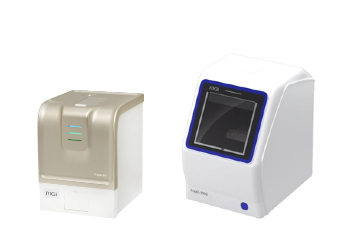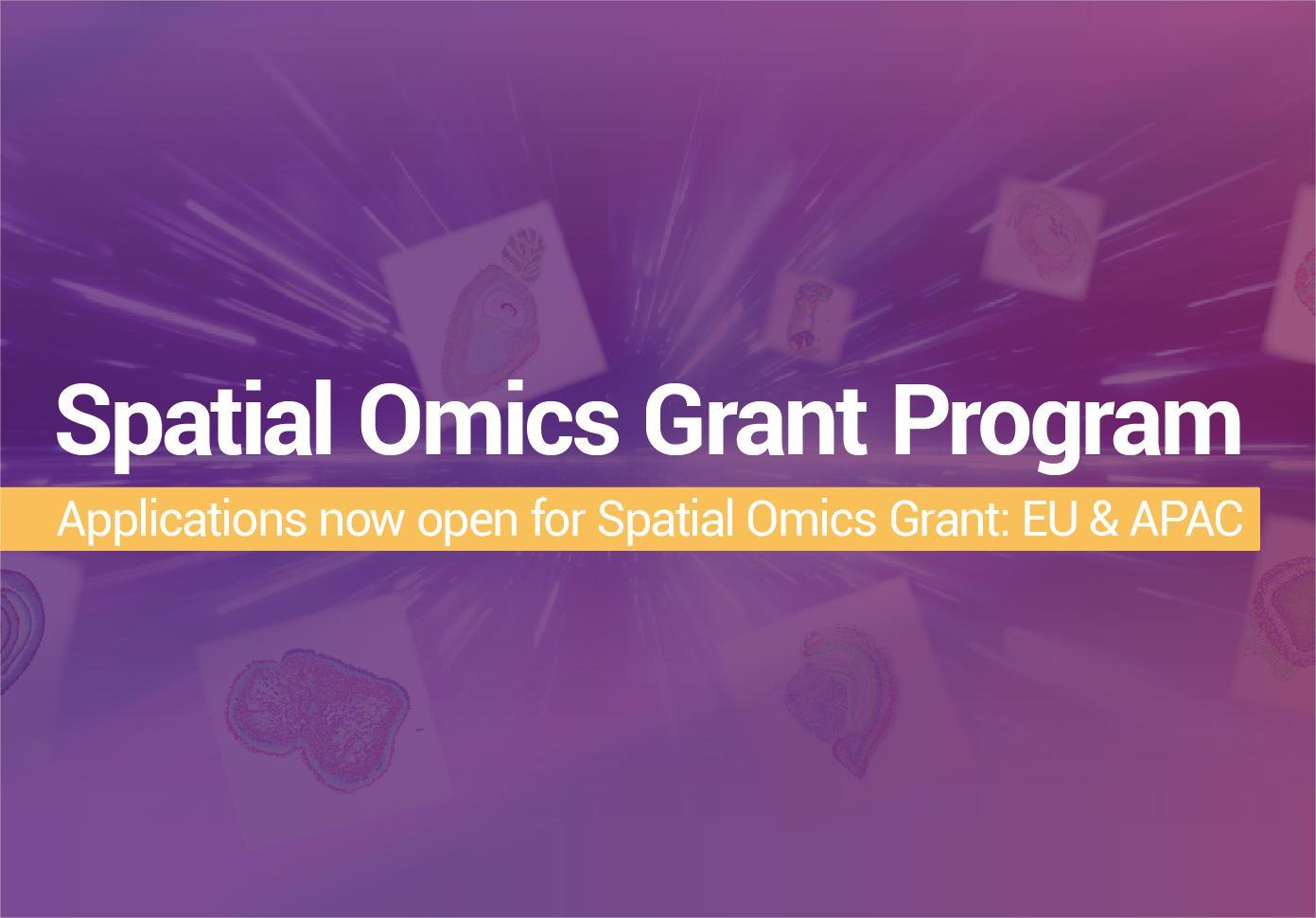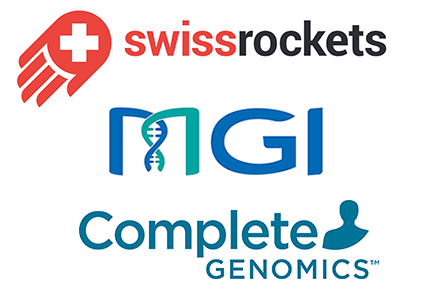"We decided to collaborate with MGI and use all the technology that has been developed by MGI. So far we are very happy with the quality of the data from the project, and it is the best quality we have ever seen."
— Dr. Mathias Uhlén
Dr. Mathias Uhlén, Professor of Microbiology at Royal Institute of Technology (KTH), founding director of Science for Life Laboratory (SciLifeLab), and senior researcher of Karolinska Institutet, Stockholm, Sweden, gave an inspiring presentation on the topic of "The Creation of a Mammalian Protein Brain Atlas" during ICG-13 in which he shared his research based on MGI sequencing platforms. In an interview with Chinese media SEQChina, he praised the quality of MGI data and shared his vision on sequencing technology, genomics research, and precision medicine.
As a pioneer of the industry, Dr. Uhlén and his group described a new strategy for DNA analysis called Pyrosequencing, a method that became the first next generation sequencing instrument starting a new era in genomics research, with rapidly falling prices for DNA sequencing allowing whole genome sequencing at affordable prices. Dr. Uhlén pointed out that there are three factors that drive the sequencing technology forward. First is to lower the cost to make it suitable for hospitals and clinical applications, second is to get better quality, and third is to make sampling easier. All these factors are being addressed. As a result, the latest technologies have become advantageous and cheaper with higher throughput. Now it's more of a matter of trying to get it into more applications, especially in hospitals.
From Sanger sequencing onward to 454 pyrosequencing, single molecule real-time (SMRT) sequencing, and nanopore DNA sequencing, the advances in sequencing technology have led to a significant decrease in the cost of sequencing. "Driven by high throughput and low cost, the current technology is advanced enough to last for another decade," said Dr. Uhlén, "therefore the next is to develop instruments that can adapt small-scale laboratory sample diagnostics."
Genomics research has played an important role for precision medicines. Dr. Uhlén expects the advances in sequencing technologies to bring many opportunities for precision medicine. "It's obvious that genomics research has a huge impact on cancer treatment. In the near future, every cancer patient in the world should be and will be sequenced. Sequencing of the patients' tumours is required to determine the optimal cancer treatment for a patient. That is a very concrete example of what genomics research and sequencing technology can do for precision medicine." Dr. Uhlén emphasized that for other diseases, it is necessary to combine genomics with other omics, such as proteomics data from patients' blood samples.
Since 2003, Dr. Uhlén has led the Human Protein Atlas (HPA), an international effort to create an open source tissue-based map of the human proteome. Dr. Uhlén explained, "The human genome has approximately 20,000 protein-encoded genes. For those working on human biology and human disease, it is important to know what the genetic building blocks are -- for example, the building blocks of our heart and the brain. What the HPA project is providing to researchers is a basic knowledge, with which one can start to see what happens when a person gets diseases such as Alzheimer's. The Human Protein Atlas is a rich source of location proteomics data. Today there are approximately 300,000 researchers visiting the Atlas every month. Researchers from all major pharmaceutical companies in the world including China are visiting the Atlas every day. This is basic knowledge for all the future targets for medicine."
In HPA, various omics technologies have been integrated. For example, Dr. Uhlén’s team has used the transcriptomics to look at RNA. "RNA-Seq tells what genes are expressed in different parts of the human body, incliding the brain." Then his team also decided to use antibodies to analyse the proteins. “The main goal of the research was to know where the proteins are and where are the RNA in the different parts of the body. With antibodies, we can see where the proteins are. In the protein atlas, we have shown RNA and protein for every tissue. That's a fantastic validation because one can look at RNA, and validate that corresponding protein using antibodies. The team started with the human protein atlas, which is very much now also the human RNA atlas. The reason for that is that RNA is very quantitative and very sensitive. We can tell exactly how much we have, which is very convenient."
Clinical cancer genomics also brings the challenges of data processing. Dr. Uhlén regarded Pathology Atlas, which is part of the Human Protein Atlas, as an important reference for cancer diagnosis and treatment. He pointed out that some biomarkers or proteins are evaluated to be bad for the patient only because it's studied at the population level. "Though there have been very good markers for populations, which is statistically relevant, it's still very hard to translate that into the hospital where you have the patient standing in front of you. We need better tools, better data to make a difference for the individual patient." Yet Dr. Uhlén is sure this will happen. "We must then combine genomics, proteomics, and metabolomics to look at an individual patient."
"What we really try to do is to go into the brain and say where are the different proteins in the different parts of the brain," said Dr. Uhlén. "We decided to collaborate with MGI and use all the technology that has been developed by MGI. So far we are very happy with the quality of the data from the project, and it is the best quality we have ever seen."
About SciLifeLab:
Science for Life Laboratory, SciLifeLab, is a national center for molecular biosciences with a focus on health and environmental research. SciLifeLab is a national resource and a collaboration between four universities: Karolinska Institutet, KTH Royal Institute of Technology, Stockholm University and Uppsala University. The center combines frontline technical expertise with advanced knowledge of translational medicine and molecular bioscience. Researchers from all of Sweden can use both the technology and the know-how that is present at SciLifeLab to subsidized fees. Users from commercial companies pay the full costs of the analyses performed.
About MGI:
MGI Tech Co., Ltd. (MGI) is committed to enabling effective and affordable healthcare packages for all. Based on its proprietary technology, MGI produces sequencing devices, equipment, consumables, and reagents to support life science research, medicine and healthcare. MGI's multi-omics platforms include genetic sequencing, mass spectrometry, and medical imaging. Providing real-time, comprehensive, life-long packages, its mission is to develop and promote advanced life science tools for future healthcare.



 Sequencer Products: SEQ ALL
Sequencer Products: SEQ ALL















 Technologies
Technologies Applications
Applications Online Resources
Online Resources Data Bulletins
Data Bulletins Service & Support
Service & Support Global Programs
Global Programs Introduction
Introduction Newsroom
Newsroom Doing Business With Us
Doing Business With Us Creative Club
Creative Club













